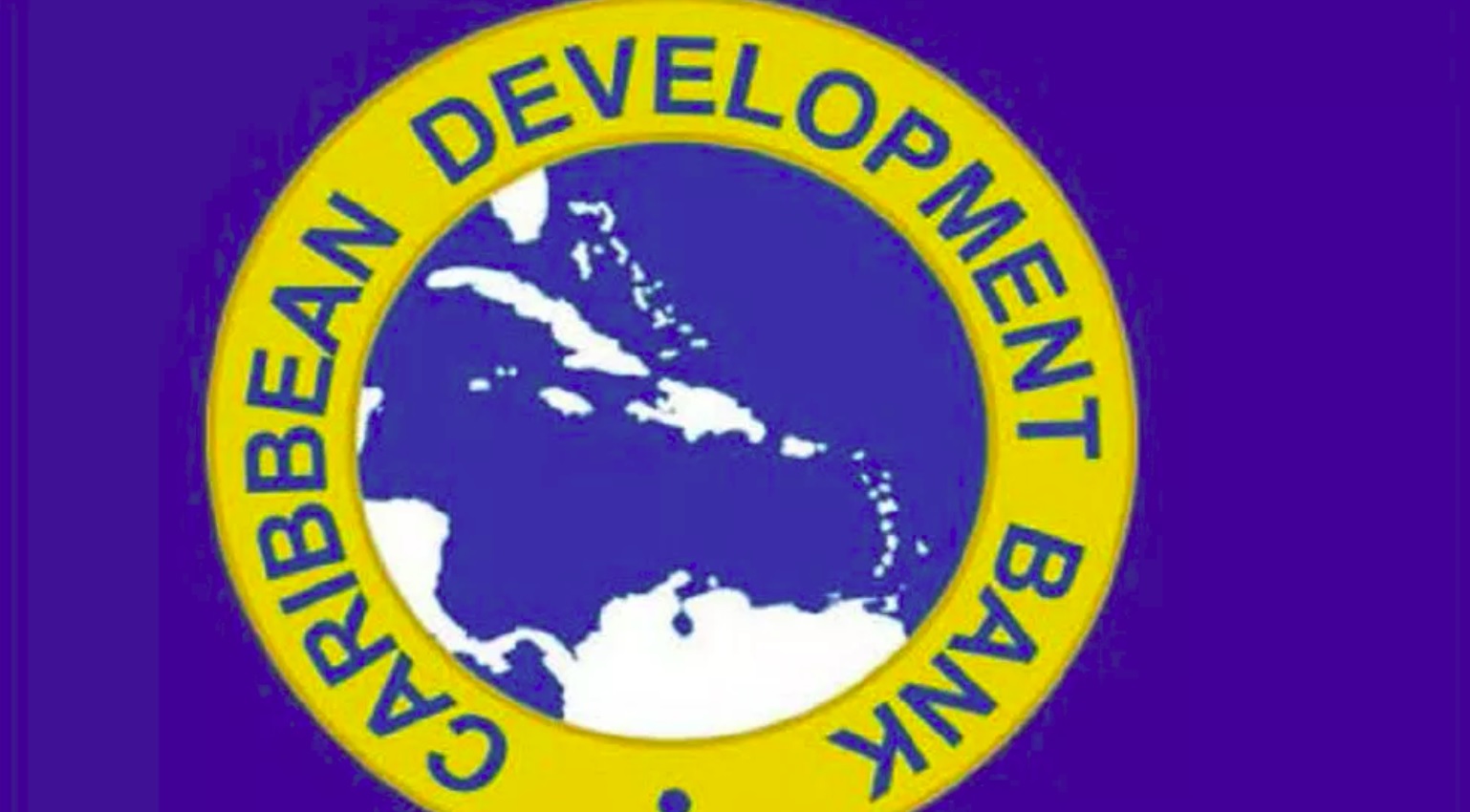The creation of a transitional council responsible for choosing Haiti’s next leaders is imminent, a United States diplomat said Wednesday during a heated forum about Haiti’s spiralling crisis.
The nine-member council could be formally established in Haiti as early as this week, Brian A. Nichols, US assistant secretary for Western Hemisphere affairs, said at a New York-based event organised by the Council on Foreign Relations.
Officials are eager to see the council in place as Haiti staggers under a power vacuum, with the prime minister locked out of a country suffering relentless gang violence that has choked the Port-au-Prince capital and surrounding communities, forcing more than 53,000 people to flee the area in recent weeks.
Haiti’s main seaport and airport remain closed, cutting off critical aid as experts warn that hunger and illnesses are skyrocketing.
“There is no greater humanitarian crisis in the world today than what is going on in Haiti,” Nichols said.
Gangs began attacking key government institutions across Port-au-Prince on February 29, opening fire on the main international airport that remains closed and storming police stations and Haiti’s two biggest prisons, releasing more than 4,000 inmates.
The UN Human Rights Office has called the situation “cataclysmic,” noting more than 1,550 people have been killed and more than 800 injured as of late March.
The creation of the transition council, which will have seven members with voting powers to choose Haiti’s next prime minister and Cabinet, is not expected to immediately solve the country’s deep-rooted troubles.
Nichols said there’s not just “one single thing” needed to solve the country’s problems.
During the hourlong forum, Nichols came under fire by Monique Clesca, a Haitian writer and member of the Montana Group, a coalition of civil, business and political leaders that was awarded a position on the transitional council.
She criticised the US for having supported Prime Minister Ariel Henry, who she accused of being incompetent and responsible for the country’s deteriorating conditions.
Henry was installed as an interim leader with the backing of the international community following the July 2021 assassination of President Jovenel Moïse.
Haiti’s most powerful gangs also have opposed Henry, noting that he was not democratically elected, and he has promised to resign once the council is created.
“You dropped him like a hot potato,” Clesca told Nichols as she questioned why the US ever supported Henry in the first place. “If we are going forward … we have to think about that policy. Was it bad? What can we learn from it? Can we admit that there was a failure?
The country’s gangs started launching large-scale attacks against government targets while Henry was in Kenya in February to push for the UN-backed deployment of a police force from the East African country. He has been locked out of the country since then, as the violence has forced the closure of major ports of entry.




